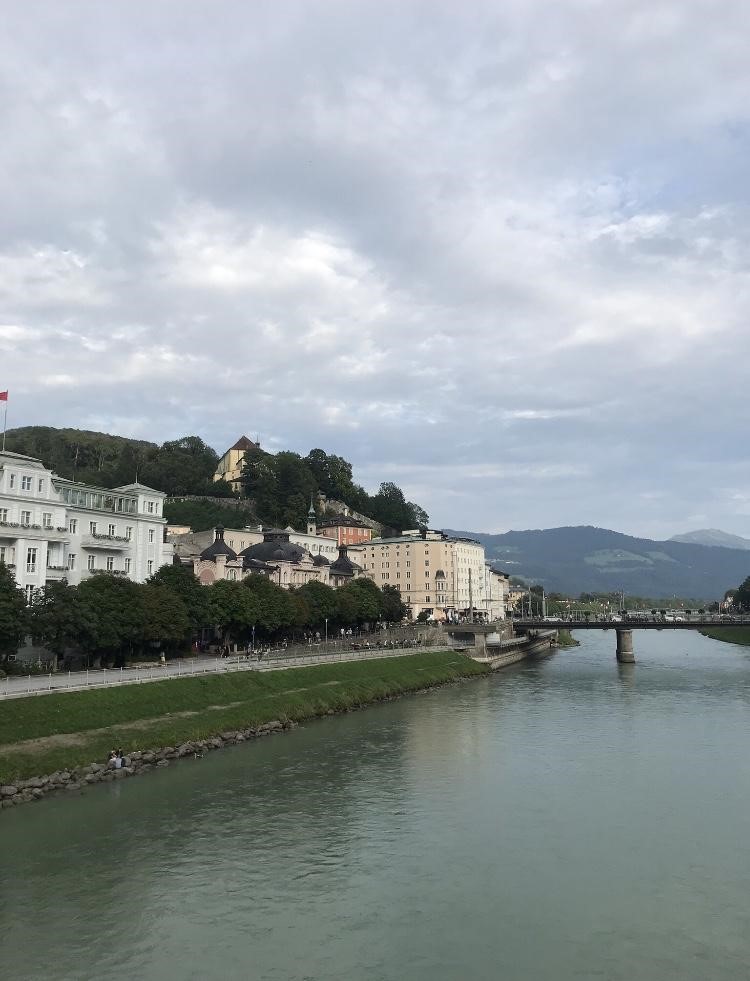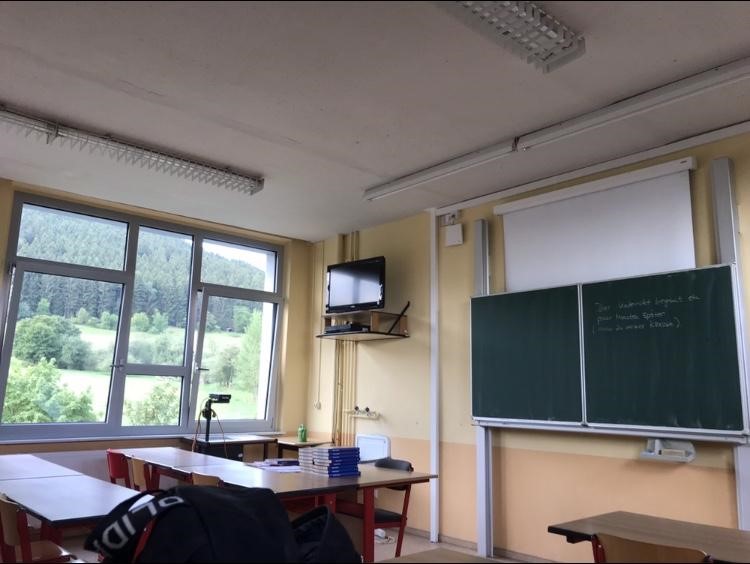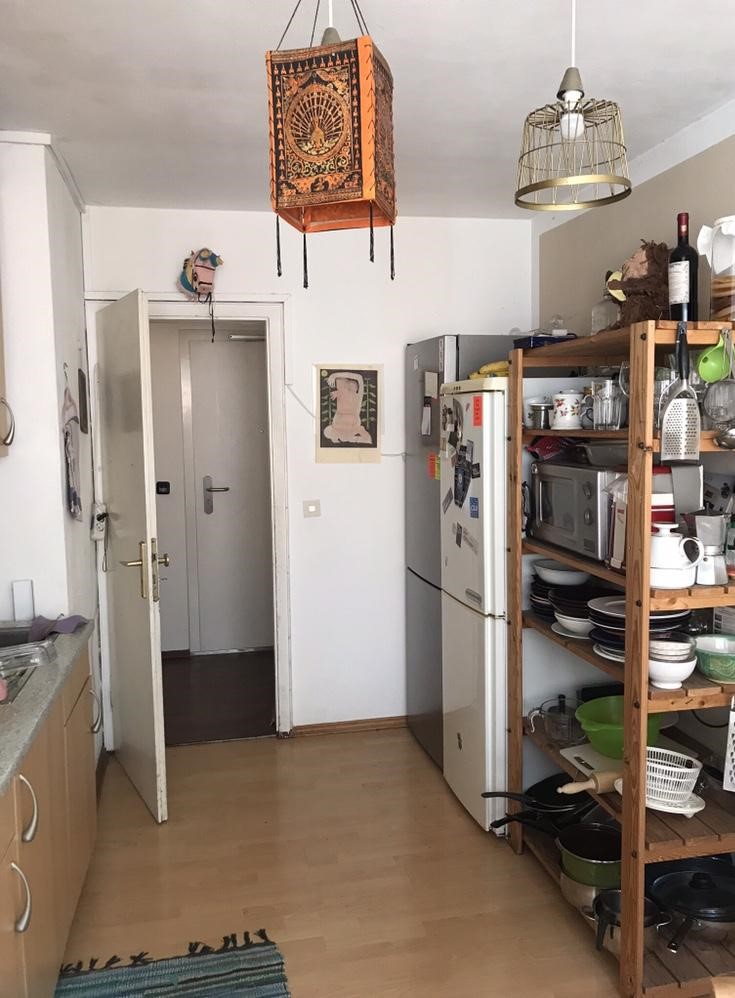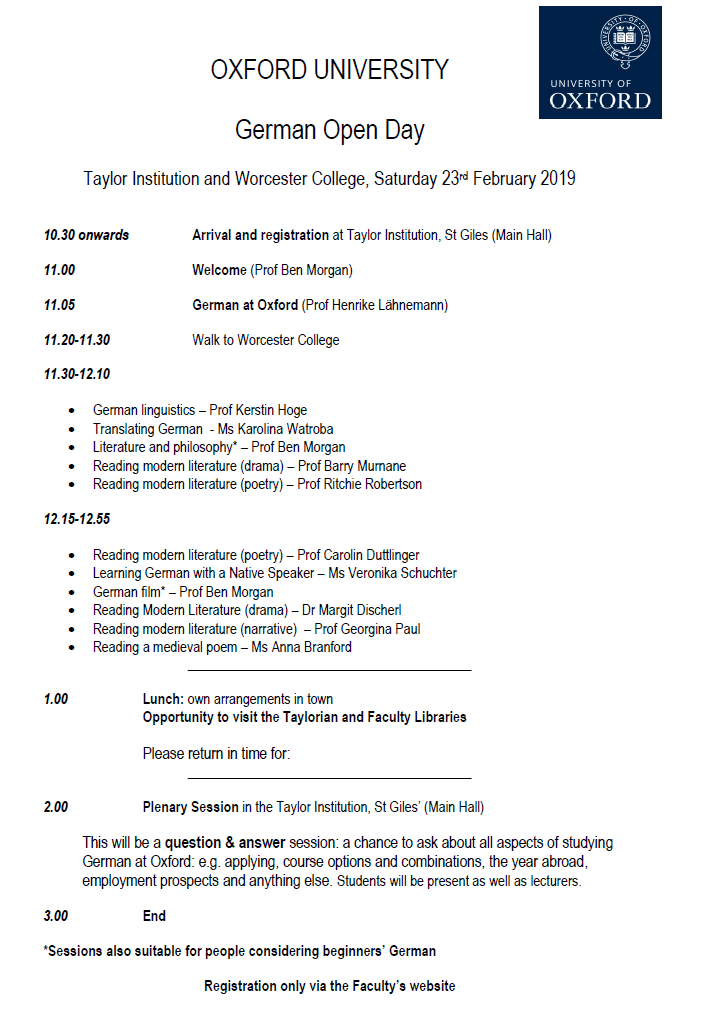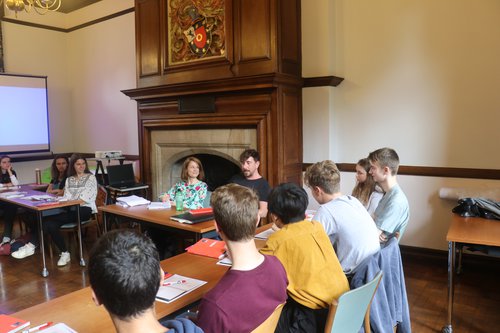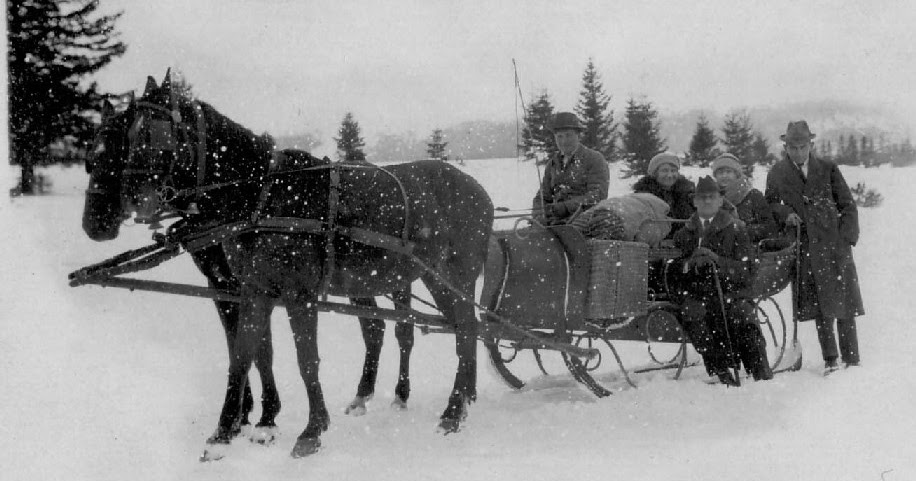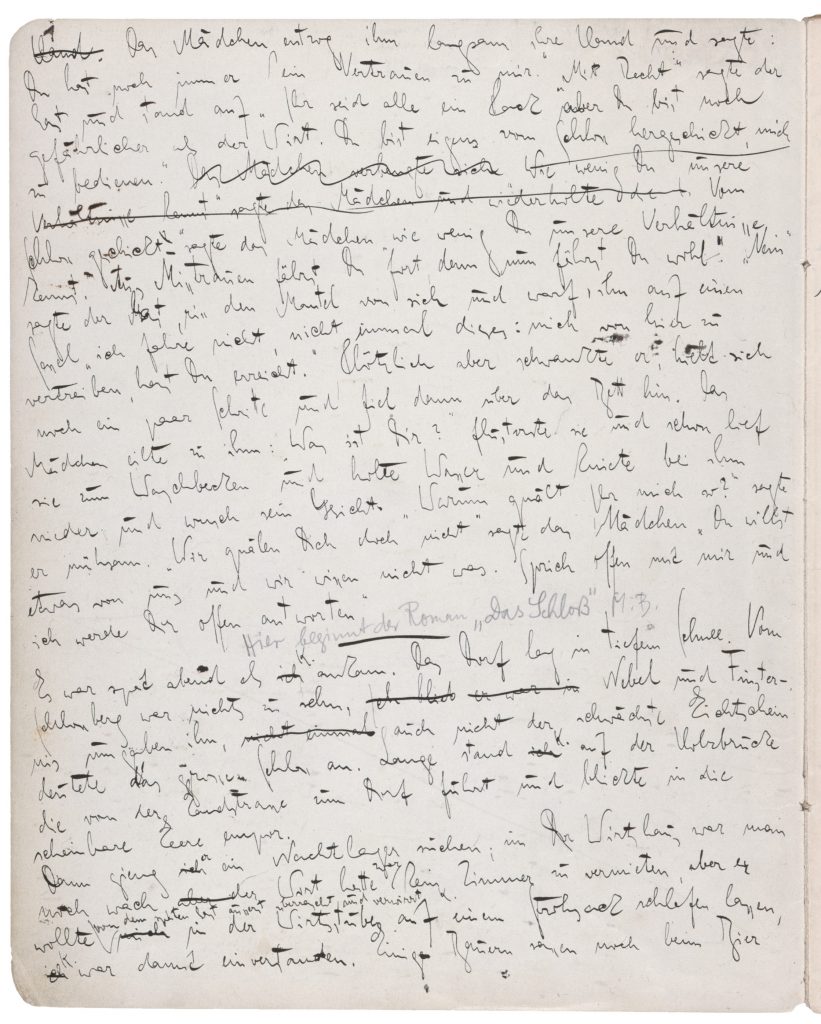Last week we brought you news of an exciting new podcast from Creative Multilingualism. This week, we have another new podcast to share with you – this one produced by some of our academics in collaboration with the wonderful Year 10 students at Oxford Spires Academy. The podcasts are available to listen to here.
The Oxford Spires Academy’s project “A Writer’s War” was designed to examine how writers from the UK, France, and Germany responded to the First World War in poetry and prose. Students were encouraged to draw parallels between texts in three languages, and examined the respective authors’ experiences of the war, as well as cultural and artistic reactions to war. To this end, students were encouraged to ponder whether war, for the writers in question, was seen as a patriotic endeavour, or as a time of suffering, or as something altogether quite different. Students were shown archive documents sent from the trenches or diary entries from those at home.
The students were also taken to Magdalen College, where they examined various memorials such as that commemorating Ernst Stadler, a German Expressionist poet, Rhodes scholar, and Magdalen alumnus. Stadler was killed in battle at Zandvoorde near Ypres in the early months of World War I. Stadler was not named on the Magdalen War Memorial as he was a foreign combatant, but later received a separate plaque on Magdalen’s grounds. This opportunity enabled students to examine the politics of commemoration and the question of post-war reconciliation. Students were encouraged to think about such issues beyond the case of WW1.
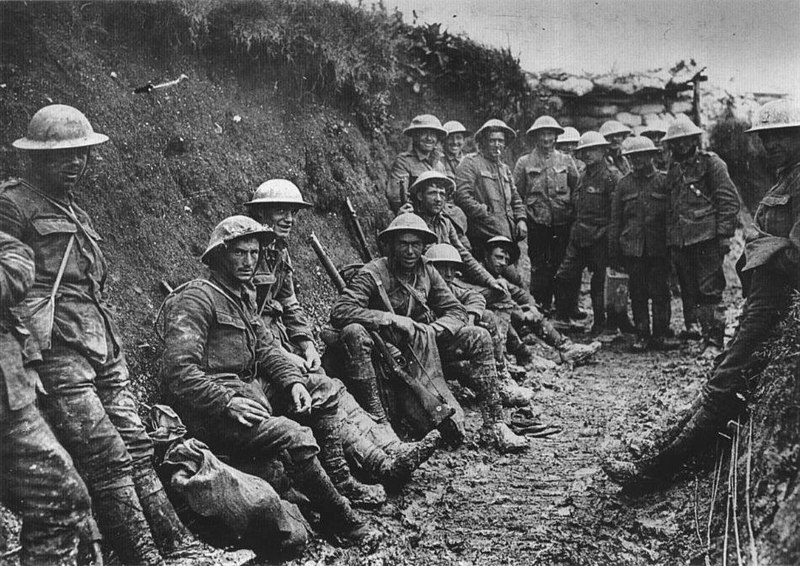
Organised by the Head of Languages, Rebekah Finch, students at the Oxford Spires Academy engaged in research-led workshops with interventions from Professor Toby Garfitt, Professor Ritchie Robertson, and Andrew Wynn-Owen (a current Ph.D. student and published poet) on the literatures of the three linguistic areas. The students also enjoyed a creative writing workshop with Andrew Wynn Owen, where they wrote their own poems about war.
Catriona Oliphant of Chrome Media presented a skills workshop on creating podcasts, after which each pupil made a short podcast about the project and experience, discussing what they had seen, read, thought, or written.
Professor Toby Garfitt, Professor Ritchie Robertson, Andrew Wynn-Owen, Professor Santanu Das (a specialist of WW1 and the Indian sub-continent) and Professor Catriona Seth also recorded podcasts on the topic.
The students enjoyed studying parallel and diverging literary traditions, and gained a greater awareness of various literary genres, the politics of commemoration, gendered reactions to war, and war as the subject for literary texts.
Cilck here to access the podcasts. There are nine episodes:
- Dulce et Decorum Est. In the first four podcasts, we hear from Year 10 students at Oxford Spires Academy.
- Fête. This is the second of four podcasts, in which we hear from Year 10 students at Oxford Spires Academy.
- All Quiet on the Western Front. This is the third of four podcasts in which we hear from Year 10 students at Oxford Spires Academy.
- In Memoriam. This is the last of four podcasts in which we hear from Year 10 students at Oxford Spires Academy.
- Gas! GAS! Quick, boys! In this podcast, we hear from Prize Fellow and poet Andrew Wynn Owen and Senior Research Fellow Prof. Santanu Das of All Souls College about the British response to the First World War.
- Art, Adventure, Love. In this podcast, we hear from Prof. Toby Garfitt, Emeritus Fellow of Magdalen College, about the response in France to the First World War.
- Storm of Steel. In this podcast, we hear from Ritchie Robertson, Taylor Professor of the German Language and Literature and Fellow of The Queen’s College, about the German response to the First World War.
- From Across the Seas They Came. We conclude this group of podcasts with a discussion about responses to the First World War in former colonies of the British and French Empires. Catriona Seth, Marshal Foch Professor of French Literature and Fellow of All Souls College, chairs a conversation between Prof. Santanu Das, Senior Research Fellow, All Souls College, and Prof. Toby Garfitt, Emeritus Fellow of Magdalen College.
- President Warren at Home. In the final podcast in our series, we visit the archives of Magdalen College to hear from archivist Dr Charlotte Berry and archives assistant Ben Taylor about some of the items in the College’s First World War collection.

